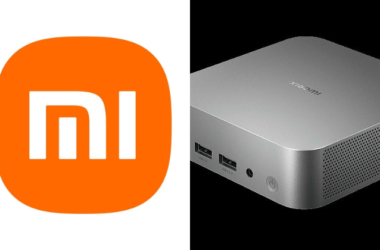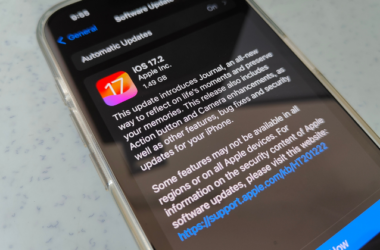The Minister of Science, Technology, and Innovation, Chang Lih Kang, has revealed that Malaysia intends to leverage the National Nuclear Technology Policy 2030 (DTNN 2030) to enhance the beneficial application of nuclear technology for the country’s socio-economic progress.
He further explained that the policy delineates four strategic core areas, 18 strategies, and 13 primary targets to fulfil the vision and direction of Malaysia’s nuclear technology ecosystem, according to Bernama’s news report.
He stated, “The strategies and initiatives outlined in this policy emphasise the establishment of a sustainable national nuclear technology ecosystem and the creation of a strong foundation for the peaceful integration of nuclear technology in Malaysia.”
Chang also highlighted that DTNN 2030 has identified six focus areas that can benefit from nuclear technology, including medicine and healthcare, food and agriculture, device and equipment manufacturing, environmental and natural resource management, industrial applications, as well as nuclear safety and security.
Under the framework of DTNN 2030 and its associated action plan documents, Chang aimed to achieve a 40% increase in the usage of nuclear technology in the fields of science, technology, innovation, and the economy (STIE) in Malaysia.
He asserted that research, commercialisation, and innovation will remain pivotal in the development of science, technology, and innovation within MOSTI (the Ministry of Science, Technology, and Innovation) through the implementation of DTNN 2030.
Chang also stressed that DTNN 2030 holds significant importance in MOSTI’s long-term strategic efforts to steer the development of Malaysia’s nuclear technology until 2030.
He expressed hope that DTNN 2030 would serve as a strategic roadmap for Malaysia to realise the MADANI Economy.
Additionally, after launching DTNN 2030, Chang expressed optimism that the policy would aid Malaysia in achieving its target of RM2.4 billion in nuclear technology investments by 2030.
He also revealed plans to establish a committee to ensure that Malaysia’s utilisation of nuclear technology aligns with that of other developed nations.










